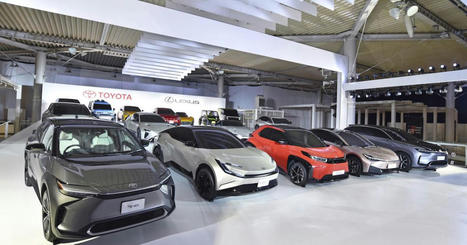New Japanese government guidelines on business and human rights mean that Japan’s car industry should accelerate efforts to clean up their supply chains.
Japan’s carmakers are gradually embracing the transition to electric vehicles, which could help shrink the country’s destructive climate footprint. Although Japan gets more than two-thirds of its electricity from fossil fuels, electric cars still have a smaller carbon footprint than gas vehicles.
When it comes to human rights, however, electric vehicles are problematic. The materials needed for car batteries and other parts are linked to global human rights and environmental harms. Japan’s three largest carmakers – Toyota, Nissan, and Honda – all scored poorly in the 2020 Corporate Human Rights Benchmark, which ranks companies on their global human rights performance.
Japan’s new business and human rights guidelines, released September 13, are nonbinding and need significant improvement, but make clear that Japanese companies should identify human rights abuses in their supply chain and work with their suppliers to fix them.
Via EcoVadis



 Your new post is loading...
Your new post is loading...







